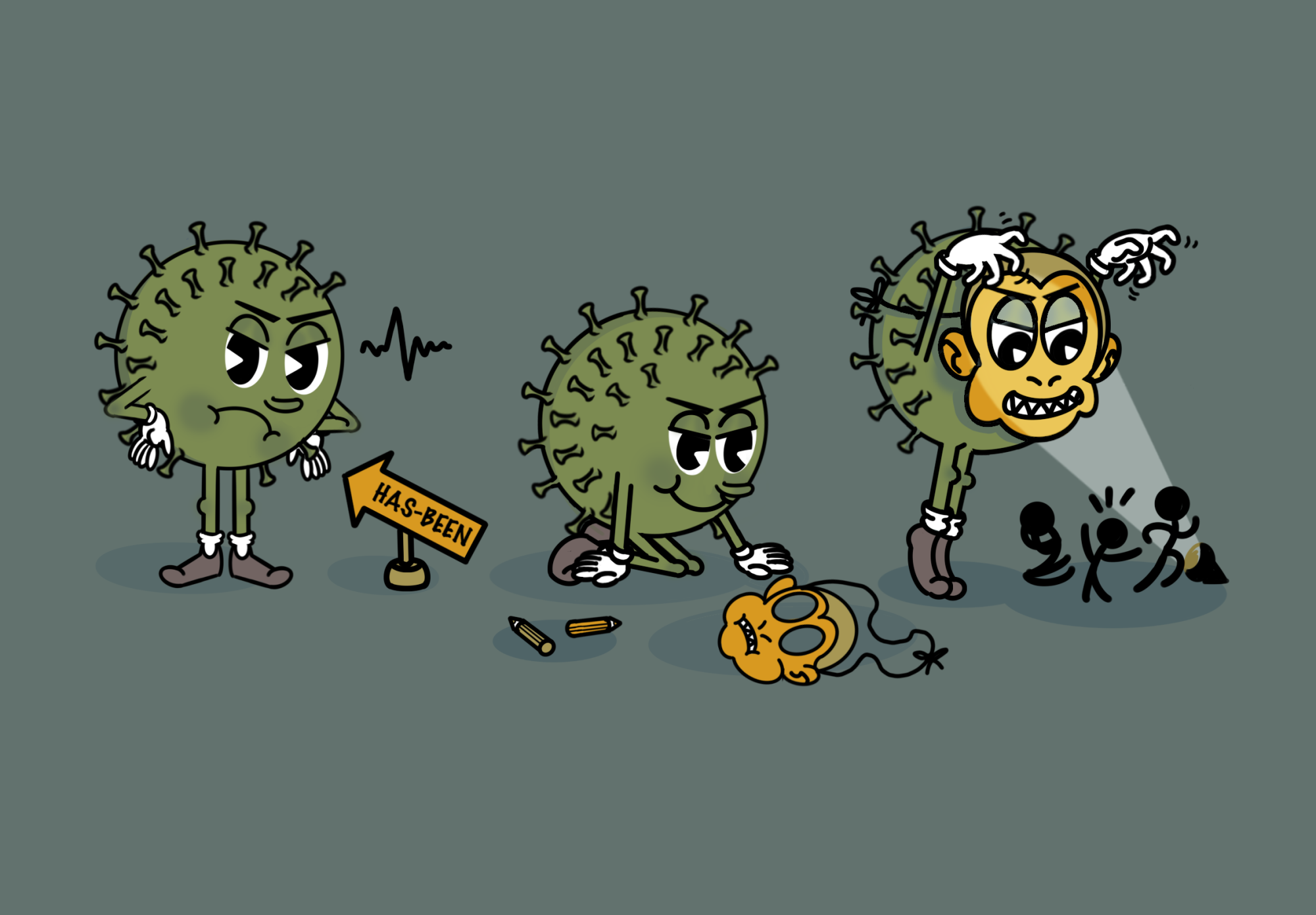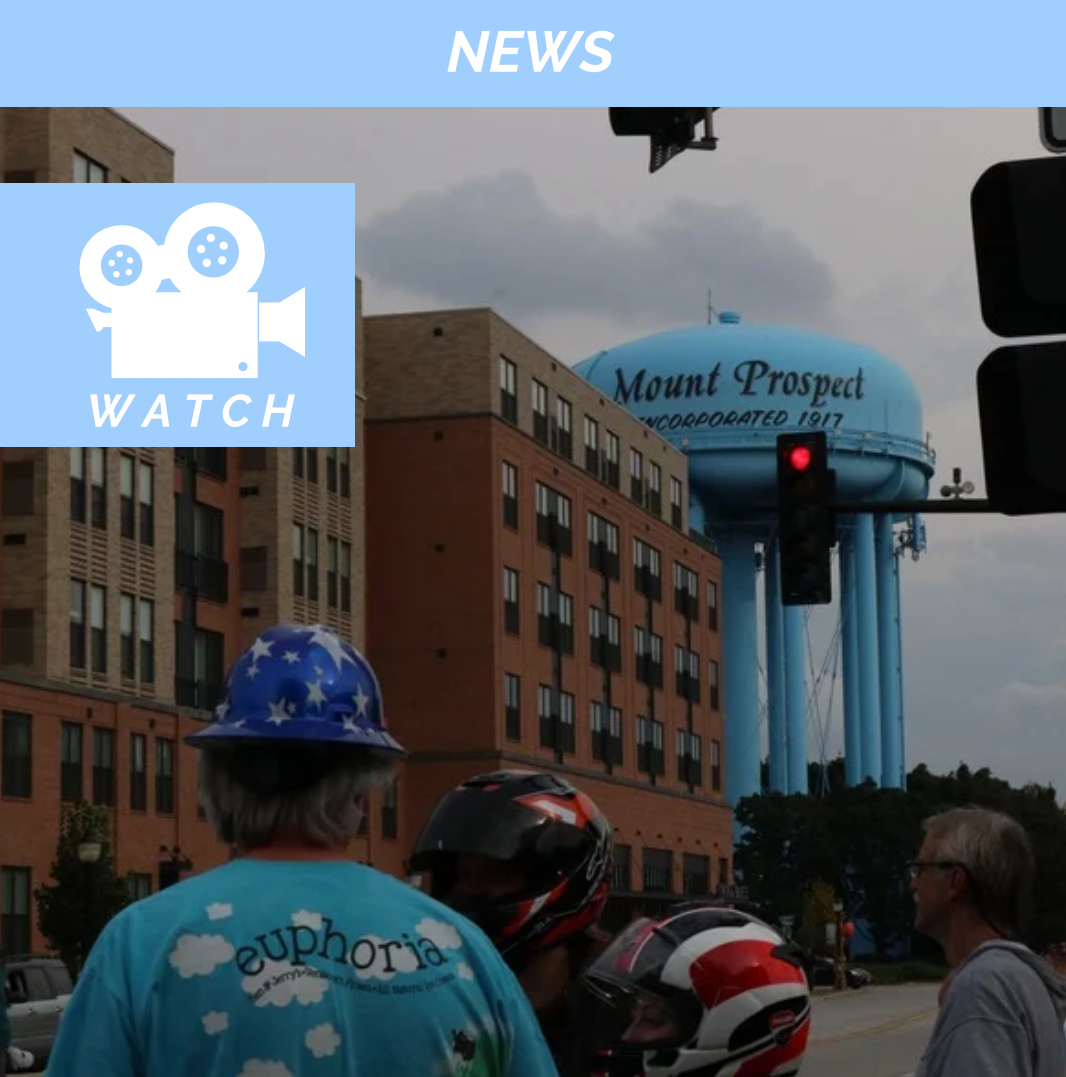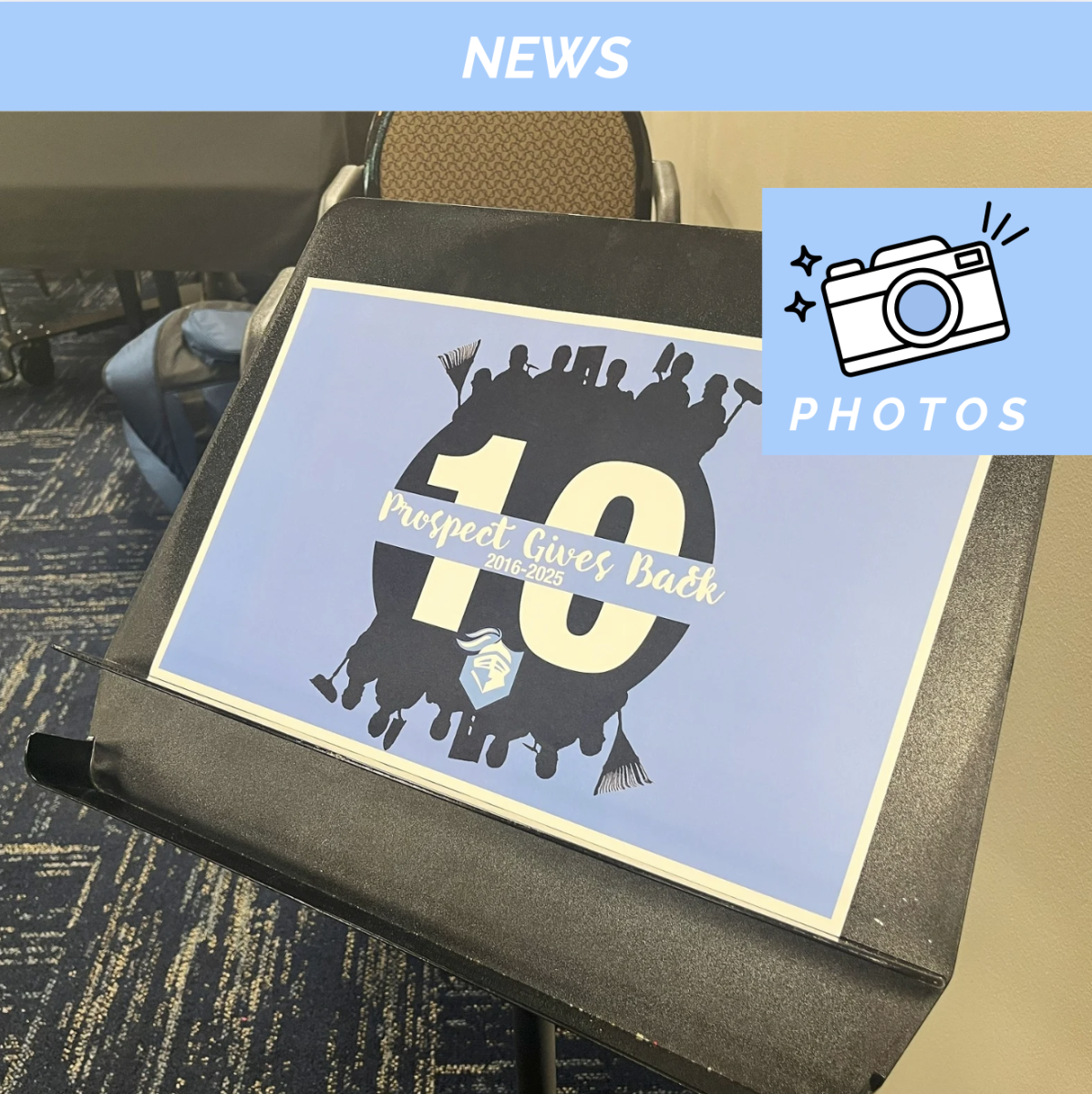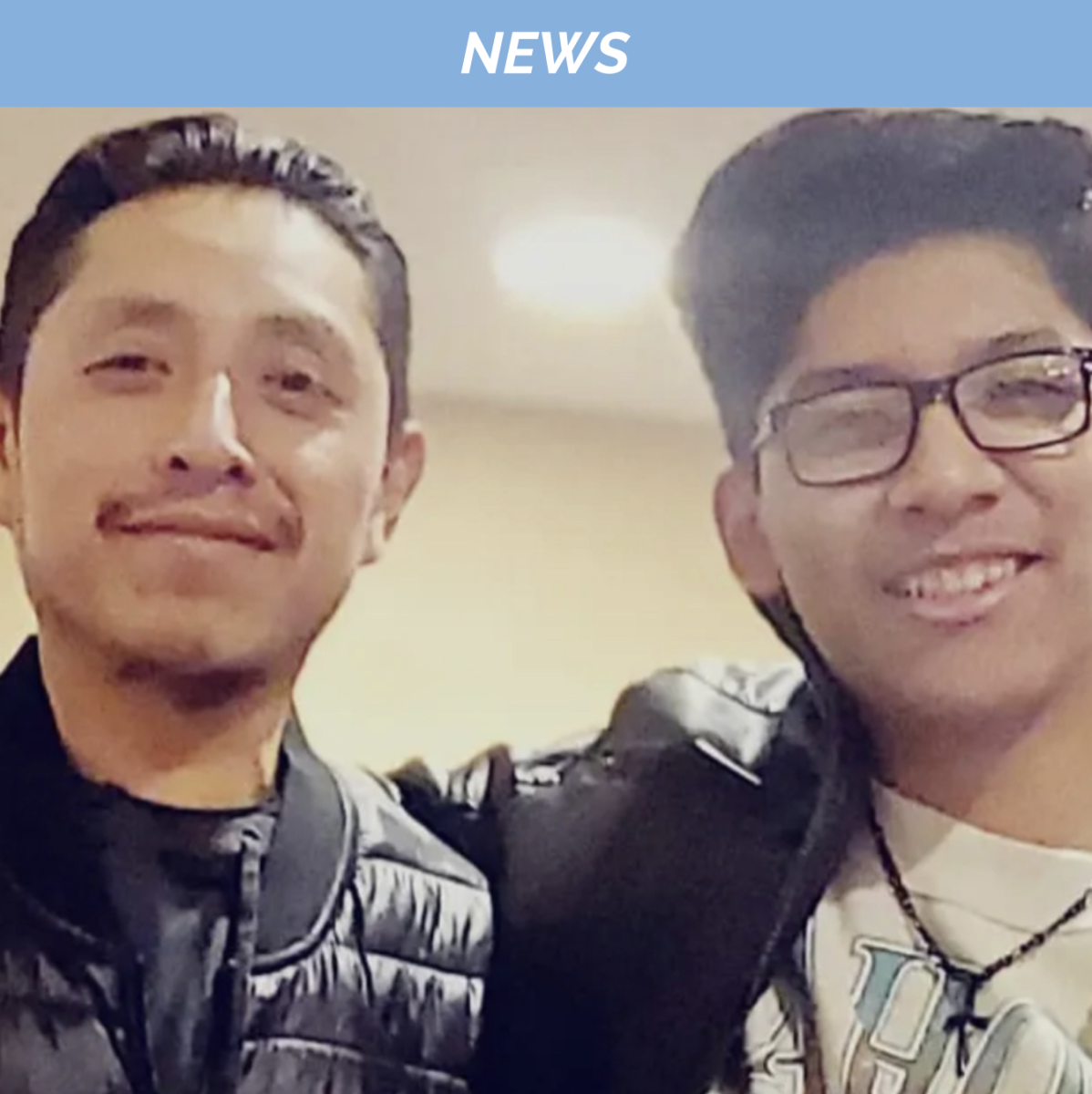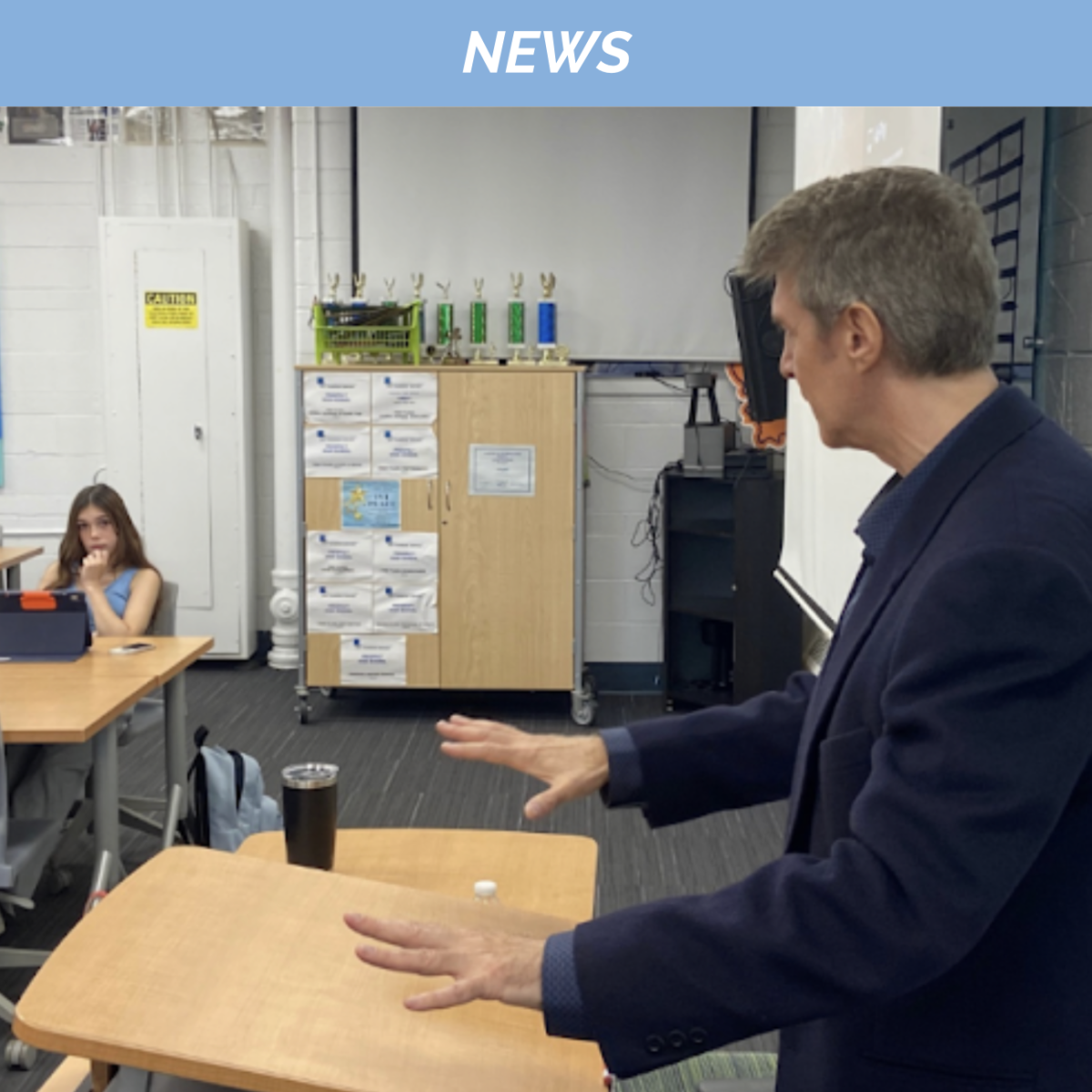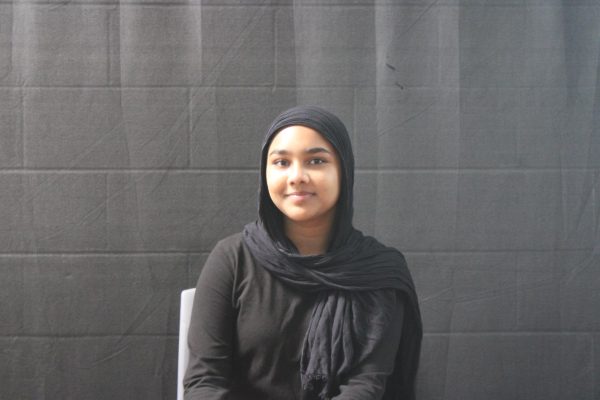The emergence of Monkeypox (Mpox) has caused concern for some members of the Prospect community, as some are on edge because of their experiences with the lockdown of 2020 from the Coronavirus (COVID-19) pandemic. Although it was declared a state-wide emergency in 2022, The World Health Organization (WHO) has issued Mpox is not fatal, therefore the state of emergency has been declared over. The Center of Disease Control and Prevention (CDC) and the National Institutes of Health (NIH) have brought light to this situation, yet some students still feel at unease, considering another outbreak. Mpox is very unlikely to become a widespread pandemic with only 1,593 cases in Illinois as of March 2024, according to the CDC website.
However, it has become a hot topic in schools because of the experiences students shared from the COVID-19 pandemic back in 2020. Students were quickly placed in online learning environments, and their worlds went quiet.
Responses varied widely as a survey of 259 Prospect students found, but 33% of responses reported feeling isolated, bored and stressed throughout the duration of the lockdown in 2020. Many students experienced difficulties not only socially, but also learning to adapt to a new environment. Senior, Will Sieroslawski shared about his experience with the lockdown.
“It was definitely harder just not being around people. I tried to do my best by … calling and playing video games, … but it’s not the same,” Sieroslawski said. “Right after we were finally allowed to go back, I still had a lot of concerns that it still wasn’t safe.”
Prospect psychology teachers Jay Heilman and Katherine Miles noticed small differences in student interactions and behaviors both during and after the pandemic.
“When we really came back, it was all in. You know, some kids were really, really, apprehensive and nervous about it. And you could tell just in their body language that they were [nervous], whereas other kids were super excited and all in,” said Heilman. “I remember two kids who didn’t even really know how to act around other people.”
Miles said it’s been difficult for some students and staff to fully recover emotionally from the lockdown. Prospect members not only have to deal with the residual shock about the 2020 lockdown, but also the anxiety around the potential for future scenarios similar to the pandemic. The major setback of the COVID-19 affected the majority of students’ lives, interfering with jobs and with many dealing with grief periods from losing loved ones.
“I think people were really affected [especially] in terms of being able to connect with other people. So I think this idea of another pandemic or epidemic… [is] something that’s going to continue throughout our life… there’s always going to be something,” Miles said.
After a while, people have noticed that COVID-19 has become a prominent part of history. While for some students, life has gone back to normal, but they will never stop to look back on 2020 and how much their lives have changed since.
“I think the memory is fresh,” Heilman said. “It was very jarring that our lives all stopped abruptly, and we had to do all these [new] measures [such as]… wearing masks, social distancing and quarantining… [These things] completely altered people’s lives. So when they hear anything related to a virus, everybody’s on edge and immediately jumps to, oh my god, here we go again.”
With having more experience online due to e-learning, it can be difficult to differentiate between fact and fiction, especially when it comes to getting news through social media and other potentially unreliable sources. Especially when it comes to public health concerns, readers are constantly coming across new information.
“I feel like everybody wants to try [to stay up to date], but most people just watch Tiktok. So I think everybody cares about it to some extent, but the amount we’re willing to put in might not always be enough at the time,” Sieroslawski said.
Since the lockdown of 2020, TikTok blew up due to a lack of social interaction
during the time of COVID-19. Users joke about Mpox often connecting it to Covid-19 times, and they mislead people into becoming concerned about a new disease.
Heilman also urges that people need to be cautious of where they get their information from.
“I think to a degree, I would say… [people’s reactions are] justified. You know [though that] you have to be rational too, and you have to listen to medical experts and science. If the experts who are studying this… [tell] us that it’s okay, you know, you kind of have to trust that information,” Heilman said. “That there’s no need to, at this point, believe that it’s going to turn into [what] Covid turned into. That’s obviously easier said than done because some people just don’t want to listen.”

